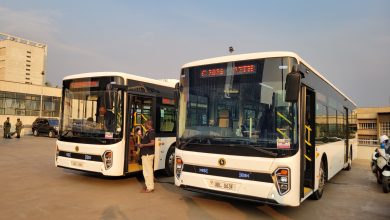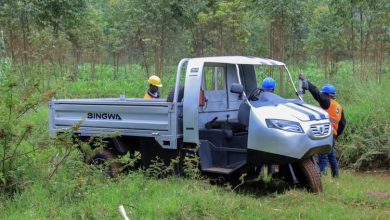Protecting electricity infrastructure is a national security issue

By Denis Jjuuko
A friend always prefers to support small businesses in his neighborhood near Kampala. He shops from the small shops and kiosks. Many times, he patronizes the small bar near his home.
When a somewhat modern salon opened up in his neighborhood, he ditched the guys who had cut his hair for more than 10 years. So recently, as they were cutting his hair, electricity like it is becoming a norm these days, went off. He remained in his reclining chair for a while thinking that they are going to switch to a generator.
He saw the barber unbothered and busy on his phone. When asked what was going on, the barber said they were waiting for the electricity to ‘return’ so they could continue working on him. The generator, the barber told him, had ‘died’ and the boss hadn’t repaired or replaced it. My friend has decided, in the meantime, to return to the barber he had abandoned in the name of supporting neighborhood small businesses. That is one loyal customer lost.
His animated narration of this episode reminded me of the 1990s and noughties when loadshedding in urban areas was the order of the day. The issue at the time was lack of electricity. We didn’t generate that much yet the demand was growing. The government and indeed the private sector spared no effort in addressing this challenge, investing significantly to generate 1,346 megawatts by 2021 according to the Electricity Regulatory Authority (ERA). And that is before Karuma with an estimated 600MW comes on line.
Some sources say that of the 1,346MW we generate, the country only takes 800MW so electricity at the moment shouldn’t be a problem but it is. Of recent, we have seen increased vandalism of the towers through which bulk electricity is supplied to stations from which it further reaches the final consumer. The now consistent loadshedding or power failure isn’t blamed on insufficient electricity but vandalism of these high voltage lines.
Small businesses are now not sure whether they will keep customers. Costs of running generators are so high. A small salon will need to invest in buying a generator and then fuel. The salon my friend was going to charged Shs8,000 for his haircut. If they run a generator for 30 minutes to cut his hair, how much money will they make off his head to be able to pay workers, rent and all the stuff required to run his operation? It won’t be much and if many people are running away from him, he will simply close. The few young people he employs will be back on the unemployment street.
The municipality will miss revenue in form of a trading license, the property owner will lose a customer and eventually Uganda won’t be making money in form of taxes. The economy already strained by runaway inflation and effects of Covid-19 and Ebola pandemics will simply not be able to survive.
Investors who want to set up large businesses that could employ many people will think twice as they keep an eye on their operation costs. If a business owner is going to operate a 100kva generator a few times a week, he may think of investing elsewhere so he doesn’t have to incur excessive costs in running his business.
Uganda has put a lot of emphasis in kickstarting its automotive industry, a sector that is now in transition to electric vehicles. Electric vehicles use batteries which are charged by electricity. Some countries in Europe have even provided roadmaps to phase out internal combustion engine vehicles. In Kampala, boda bodas are increasingly switching to electric motorcycles. Already, electric buses are providing public services on the Kampala Northern Bypass and Uganda Airlines has electric buses too just like many hotels which are using electric golf carts in their operations. Kiira Motors’ vehicle plant in Jinja is nearing completion and installation of assembly lines is said to commence soon. Unreliable power distribution will push back these small achievements.
Protecting our electricity supply and distribution lines can’t be the sole responsibility of the Ministry of Energy and Mineral Development. Protecting these installations should now be considered a national security issue. Our intelligence services need to show what they are made of by ensuring that they stop the people vandalizing high voltage lines before they even get near to the electric towers and poles.
The writer is a communication and visibility consultant. djjuuko@gmail.com
C/O Prime Time Communications Ltd




